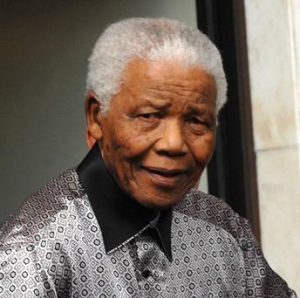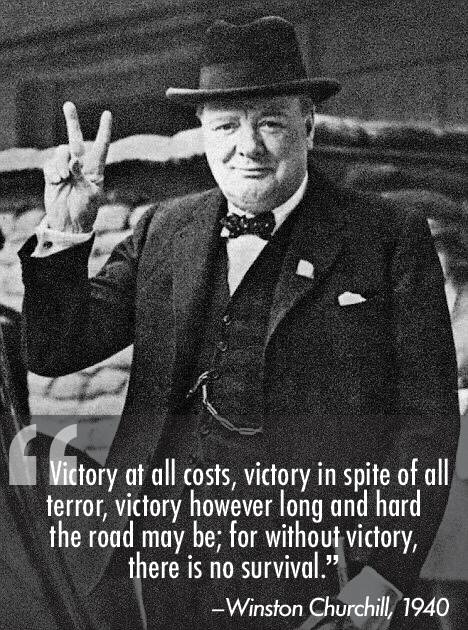Former South African president Nelson Mandela died yesterday at the age of 95. He is internationally respected, and even revered, for his role in transforming South Africa out of the legacy of apartheid.
While the accolades and tributes will be pouring in over the next few weeks – probably until the state funeral that is currently in the planning stages actually happens – I have been pondering over what I, as an American conservative, think and feel about Mandela’s passing.
First, let’s get one indisputable fact out of the way. Nelson Mandela was a Communist. With a capital C, because he actually was a member of the South African Communist party. Sympathetic historians have been eager to sweep this affiliation under the rug because of the highly negative connotations. Be that as it may, and the fact that Mandela himself may have wanted to forget it, he was indeed a part of communism while it was in its political heyday.
Second, Mandela was no pacifist. His wing of the African National Congress, UmKhonto we Sizwe, was a terrorist group, directly responsible for bombings that killed innocent people. The more I read about it, it gives me chills to think about what he did. How bad was it? Amnesty International – yes, Amnesty International – refused to take up his case in the 1960’s because of his terrorist past.
Third, he was a largely ineffective administrator when he was actually president. Though the ANC switched from its initial communist ideals to a free market economy, Mandela apparently saw himself as more of a “nation builder” than an actual day-to-day leader and manager of a country. Many commentators point out that he willingly relinquished the presidency after his term was up, and even Charles Krauthammer yesterday categorized that as being in the manner of a George Washington, in a continent which continues this day to be largely tribal and leaders tend to not give up power without a fight. Perhaps he realized that being a figurehead and a national symbol was simply easier than having to run a government. (Which kind of reminds me of our current president, but that’s another story for another day.)
I was a young teenager when apartheid was officially ended in 1994. I received a heavy dose of the American media propaganda of the day of Mandela’s life story. Lots of parts were conveniently left out or glossed over. The American policy – both on the governmental and media fronts – was to treat him as a national figure, and not hold him to the same account that other leaders often are. I am sure that we will be hearing those glowing stories yet again (and naturally, anyone who brings up the inconvenient details of his past will be called a racist or an apartheid supporter or something equally stupid) as his nation lays him to rest.
But history takes a longer view of those inconvenient details. Nelson Mandela did many great things in his later years. But he was, in many ways, the Boston Marathon Bomber in his earlier days. Did he redeem himself enough to wash out those earlier crimes – that violence which Amnesty International itself refused to associate with? Will we be hearing from the victims of the UmKhonto we Sizwe bombings in the media anytime soon? Just because his goal was noble – seeking an end to apartheid – does that lead us to saying that his means of protest were justified?
I believe we will all be called to account someday for the entirety of our actions, not just the ones remembered at our funerals. History has yet to call Nelson Mandela to account for the entirety of his life story. I don’t anticipate that it will happen in the next month, but perhaps in twenty years, there will be more clarity and a better account of the real Nelson Mandela.
In the meantime, this American conservative sends condolences to those who grieve at Mandela’s passing, and to those who grieve over the innocent victims who died as a result of his actions. Surely, we can all acknowledge that they justly deserve our sympathies as well.











Recent Comments